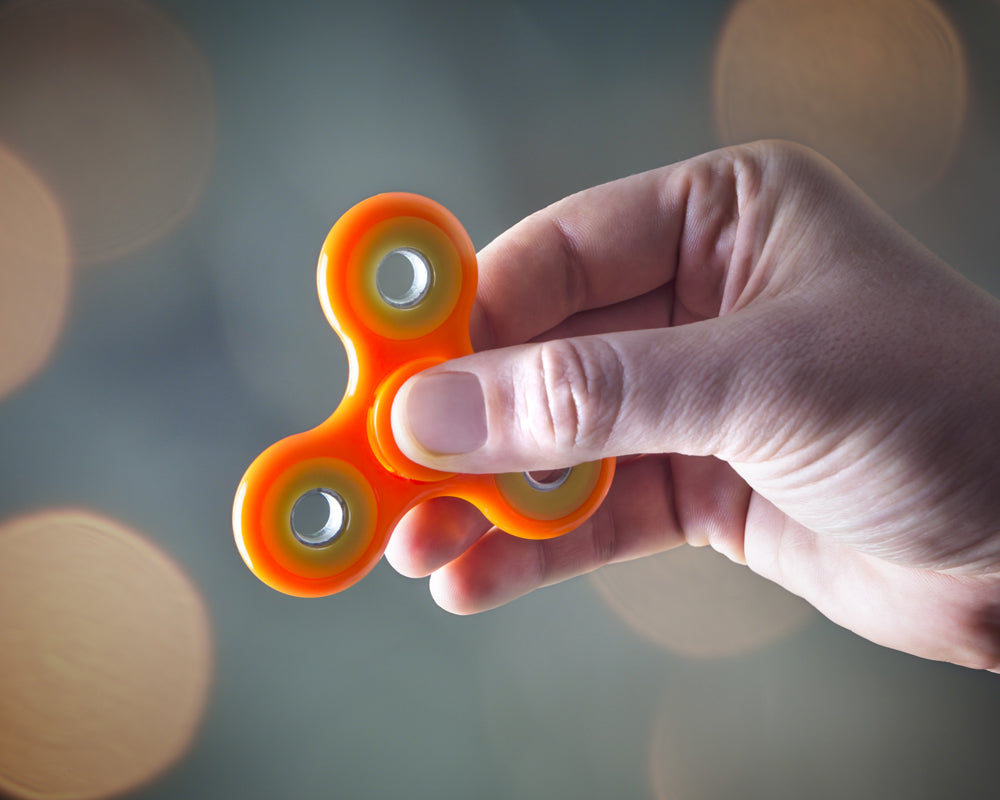
Article Detail
09 Oct
Fidget Cube
Sometimes, all we need to reduce our stress is an object to fiddle with. For some, it could be rolling something in their hands. Others obsessively click their pens. And some people just guide their fingers around random objects. The $30 Fidget Cube offers six distractions that will let you release the stress in a variety of discrete ways. It’s a funny-looking device, yes, but it’s one that could help you relieve anxiety or excess nervous tension—especially at the office.
Nox Music Smart Sleep Light
The minute we lay our head on the pillow can be the most stressful time of the day for some people. All of the day’s drama (and some from months past) can rush into your mind, keeping you awake longer—and thus less equipped to handle the next day’s stress. Nox not only measures your sleep patterns like a sleep monitoring device, it helps you fall asleep faster via a light that produces red wavelengths, which it says raise melatonin levels. The $149 device also acts as a sound machine that emits the equivalent of gently lapping waves to help you drift off. Then, in the morning, it wakes you naturally by gently making the room brighter when its accompanying app determines you’re in a light sleep mode near the time your alarm is set to go off.
Spire Mindfulness and Activity Tracker
While exercise certainly helps to reduce stress, keeping tracking the number of steps you take during the day doesn’t. Spire is more than a typical activity tracker, though. The $130 device also measures your breathing and provides feedback if it appears that you’re starting to get tense (generally determined when you’re not taking deep breaths). The device works with your phone to gently remind you to take a moment to unwind, which can prevent daily tension from building to a boiling point.
Muse
We’ve all had times when our brains go into overdrive and we can’t get them to shut up, no matter how we try to distract ourselves. Muse is a $249 headset that aims to help put your mind at ease. It’s a tool for meditation that uses brain sensing technology to determine if your mind is calm or active, and gives you audio cues to help guide you toward serenity. Meditation and high tech may not seem an obvious fit, but InteraXon (the company that created Muse) has raised over $18 million in funding and has Harvard and NASA among its research partners.


